A frantic hunt by chocolate manufacturers for high-grade cocoa has left a backlog of old, poor quality beans lying in London’s warehouses, leading to a rare divergence in prices between the UK and the US.
Last month cocoa futures traded in New York rose strongly, peaking above $10,000 last week, while London prices fell, dipping below $6,400 earlier this month. Despite a sell-off in recent days, US prices are down just 3 per cent since the start of last month, compared with a 16 per cent drop for the UK contract.
Cocoa prices on both markets rallied strongly earlier this year, as poor weather and disease decimated crops in Ghana and Ivory Coast, where two-thirds of the world’s cocoa beans are grown, and as hedge funds piled into the market.
But the global shortage has led to a race among cocoa bean processors to secure high-quality beans, while shunning older varieties. Stocks of harvested beans are emptying, with US inventories at 15-year low and warehouses in London the lowest since 2021.
What is left in London is a “poisoned pill”, said Martijn Bron, who was global head of cocoa and chocolate trading for agricultural commodities giant Cargill until 2022.
The UK capital has historically been the market for large-scale purchasers of cocoa. But at the end of August more than one-quarter of the 54,650 metric tonnes of cocoa beans held in the London ICE exchange warehouses was more than three years old, according to exchange data. Moreover, almost 80 per cent of this older stock is bulk-stored beans grown in Cameroon, which is widely viewed in the industry as lower quality for making chocolate.
“You have this double whammy where a significant amount of these [cocoa] stocks are old and from a non-preferred origin,” said Oran van Dort, commodity analyst at Rabobank.
“Anyone that . . . wants to receive delivery — ie not a speculator — has a high probability of receiving this old, and less favoured cocoa. And you might want to avoid this if you are a chocolate manufacturer,” he said. “The consequence is that there is less demand for that London stuff, driving prices down.”

Potential buyers in London are grappling with a further complication as they try to compensate for the global cocoa shortage. Until August, chocolate processors had been aggressively buying beans in London to build their inventories ahead of new EU deforestation legislation, which comes into force in January 2025.
These new rules oblige traders and chocolate companies to prove that the cocoa they import into the EU was not grown on deforested land.
Some industry traders and executives had hoped the incoming rules would allow the lower-grade material to be written off as unusable. But the EU allowed older, existing stocks to be “grandfathered” into the bloc — meaning they could still be bought and sold.
People “were thinking that this was a way, maybe, we would clear up the old cocoa and get rid of it and London would be the premium market representing fresh cocoa with documents. And in fact, these old [Cameroonian bulk deliveries are] going to keep on cruising [going],” said Pamela Thornton, a veteran cocoa trader.
The pressure is being felt in London. Open interest, a measure of the depth of the market, has plummeted, reducing market liquidity and making prices more volatile.
Commercial players, such as chocolate companies, looked to New York — historically an attractive market for speculators such as hedge funds — to find higher-grade cocoa.
Many hedge funds had been shorting — betting on a lower price — the New York contract, believing that ample supplies would depress the price. But the weight of money buying the better quality cocoa forced funds to close down their bets, driving the price higher, say traders.
That has meant the New York market trading at a premium to London. The cocoa stock on the New York exchange is newer than London, according to Thornton. “There’s no bulk delivery units, or cocoa that’s been hanging around for five years.”
As for the old Cameroonian cocoa on the London exchange, some of it may yet find its way into chocolate bars and other products, say industry insiders.
Companies have a few options to cut costs as the price of the raw material soars, said Oran. They can shrink the size of chocolate bars, add more of other ingredients, such as fruit and nuts, or they can buy lower-quality cocoa, he said.
Bigger companies may add a small amount of cheaper Cameroonian cocoa — which, with a better colour than taste, is normally used to make powders rather than chocolate — into a blend, but they are constrained by their own protocols on quality, said Thornton. Smaller or private companies, on the other hand, “have more flexibility to cut costs”, she said.
“This will change the taste,” said Thornton, “but to be honest, with milk chocolate, by the time you add the sugar and milk, you can almost get away with anything”.

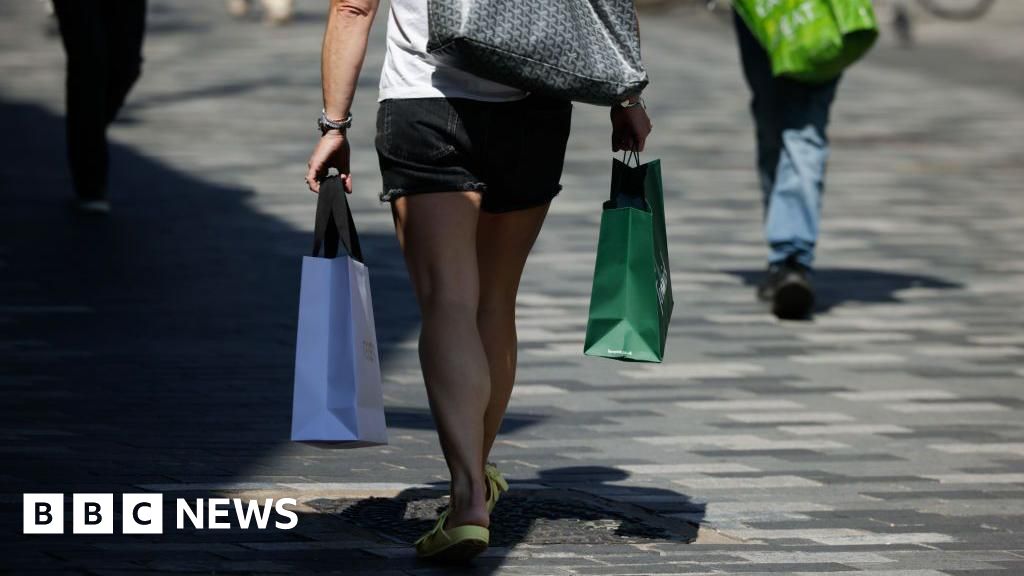

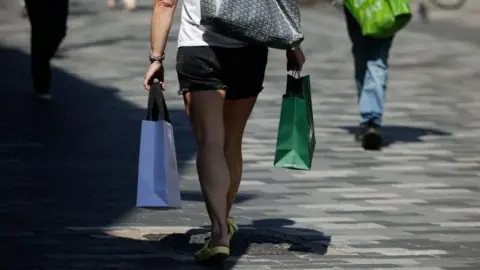
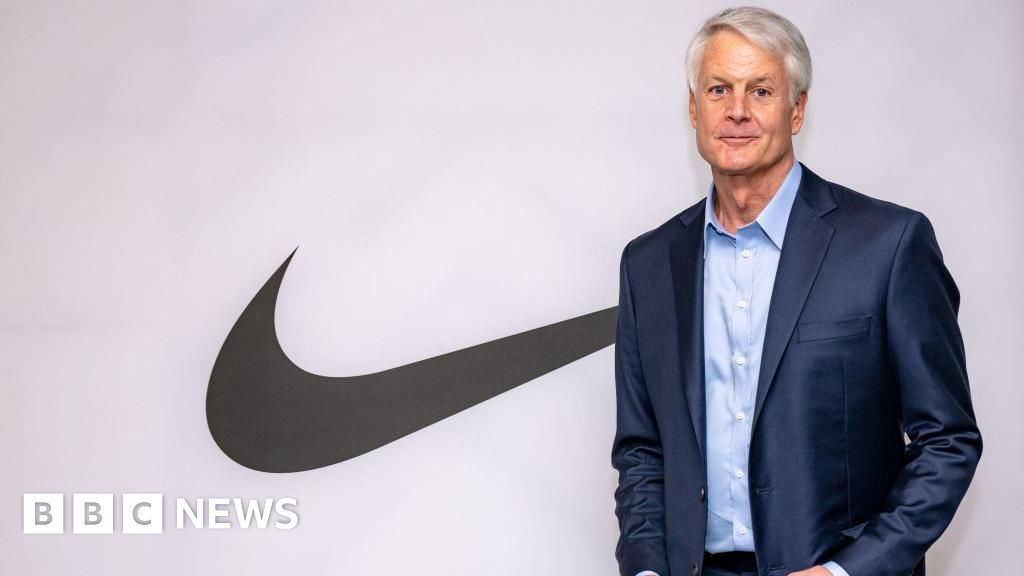


















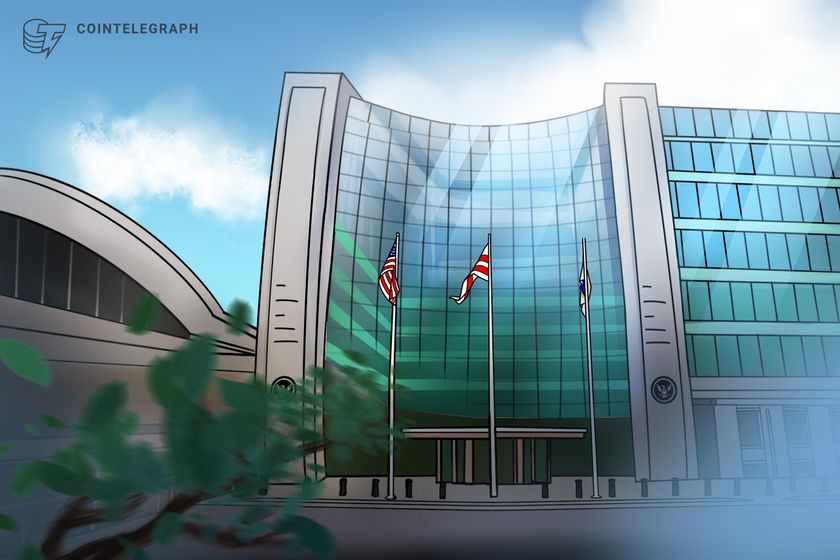












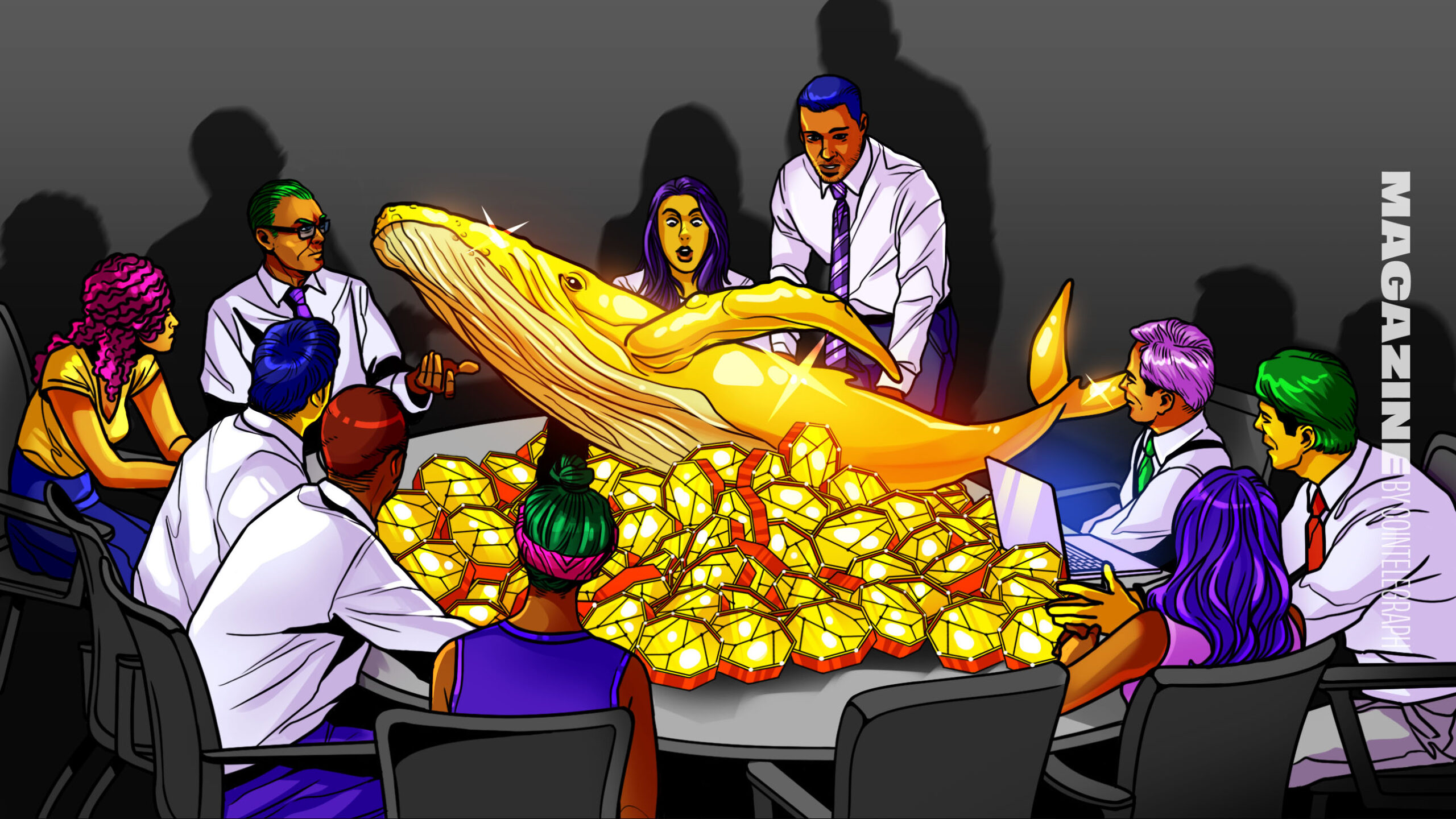






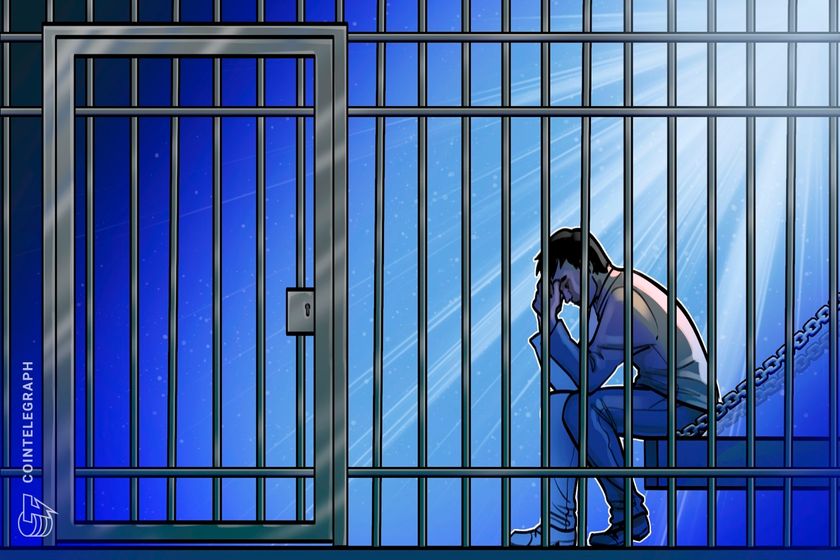














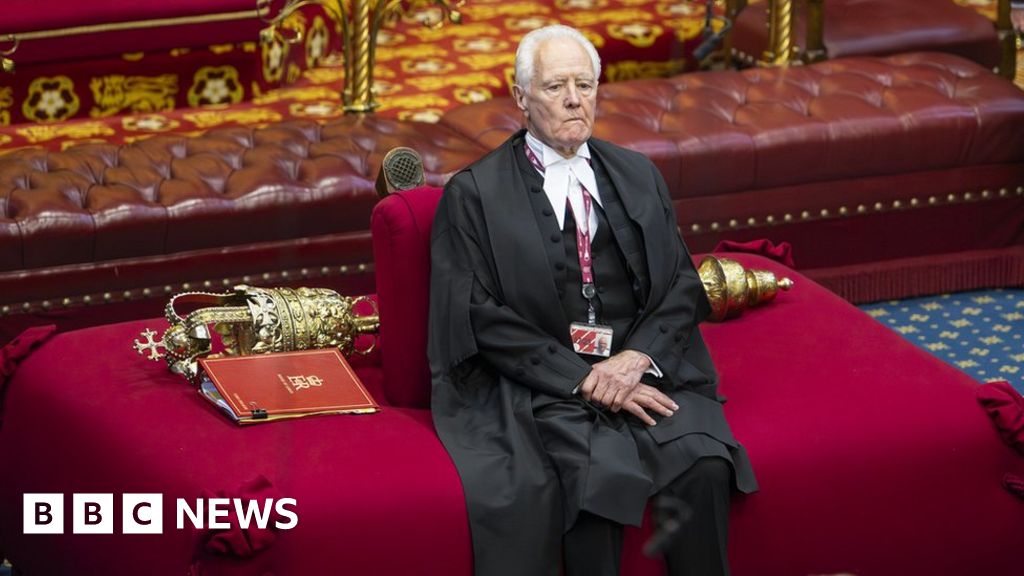




















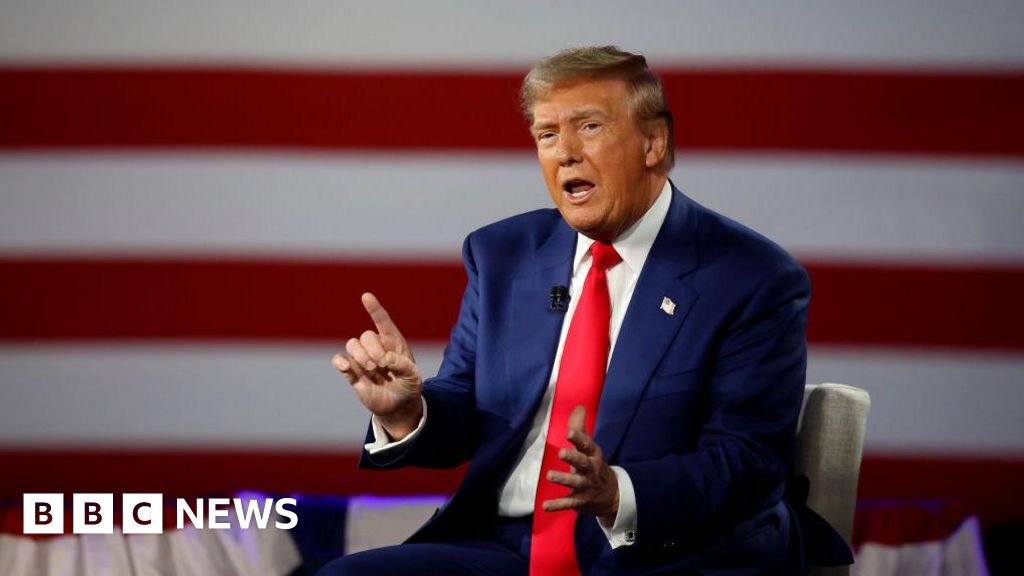

























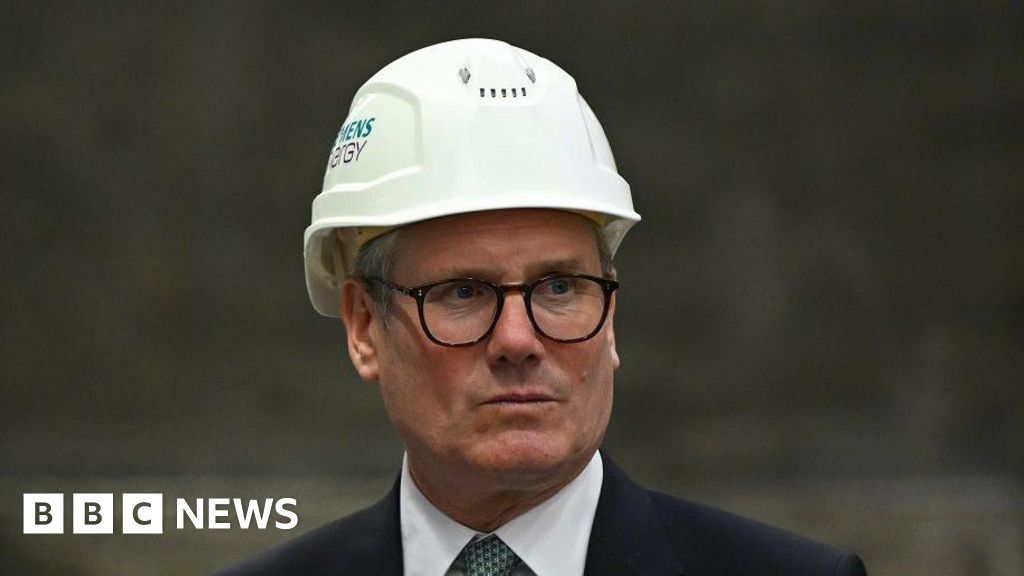

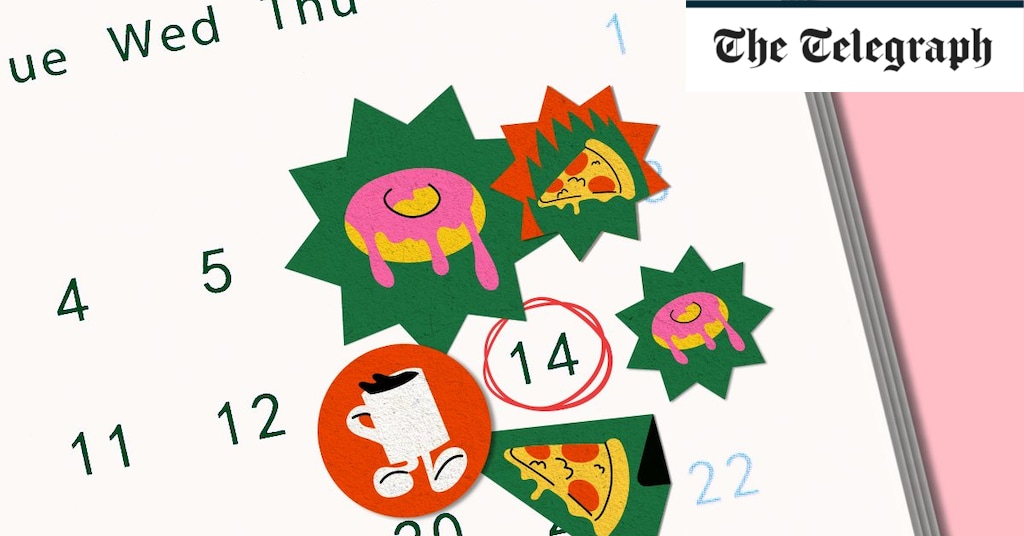













You must be logged in to post a comment Login